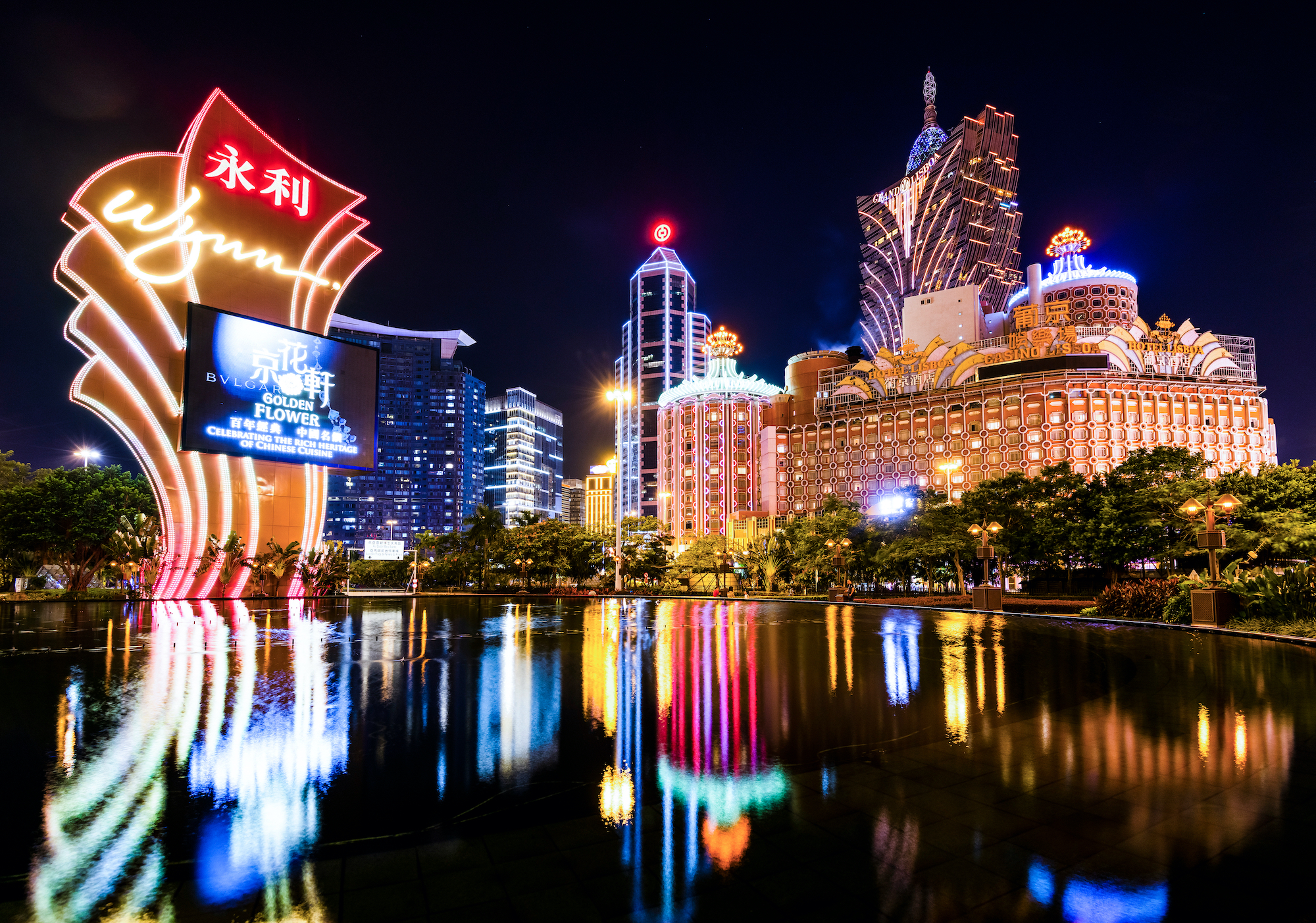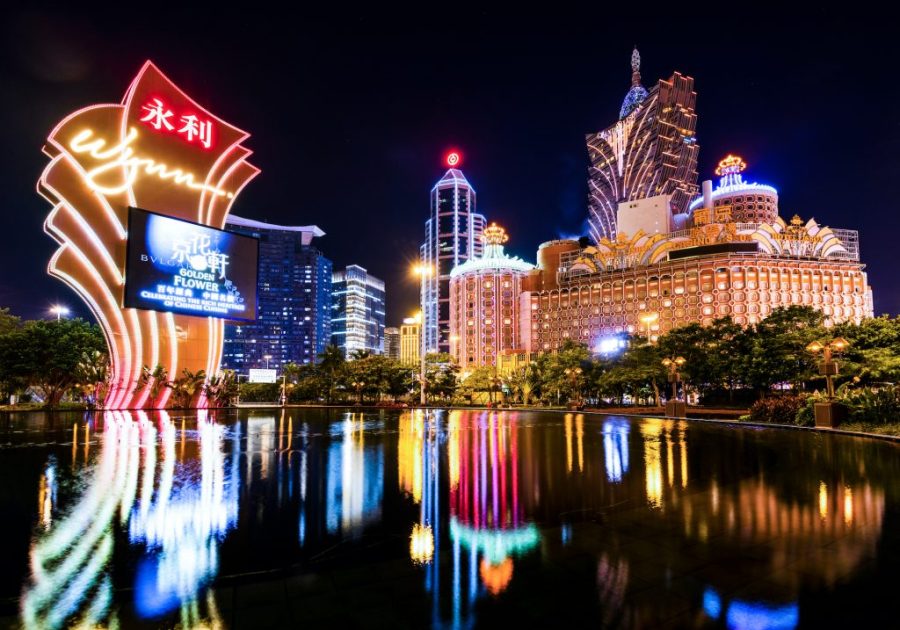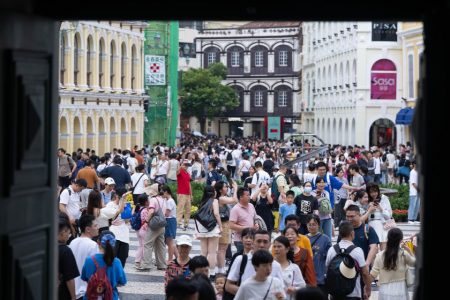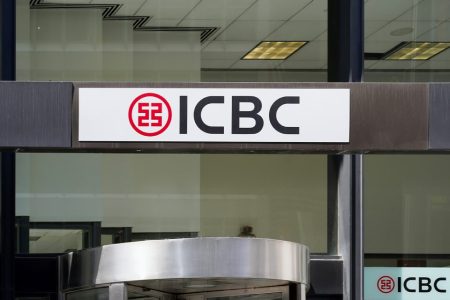Macao’s casinos may be offered a financial incentive to attract more overseas gamblers, while the city’s satellite gaming operations may be allowed to continue to be run by third-parties on real estate not owned by the operators.
Veteran lawmaker Andrew Chan Chak Mo revealed the proposals following a meeting of the Legislative Assembly’s standing committee which is reviewing a bill that aims to reform Macao’s gaming industry.
Chan quoted government officials as saying that in future the government was prepared to exempt casino operators from paying a levy of five per cent on their gross gaming revenues (GGR) in return for attracting more gamblers from overseas.
Chan stressed that the government’s direct gaming tax rate of 35 per cent on gaming operators’ gross gaming revenues would remain intact.
Currently, apart from the direct gaming tax, operators pay five per cent of their GGR into the public coffers as an additional levy for social, cultural and other public causes, including two per cent earmarked for the public Macao Foundation.
Analysts have pointed out that before the Covid-19 pandemic started to impact the local gaming industry in early 2020, over 90 per cent of local casinos’ gamblers came from the Chinese mainland, Hong Kong and Taiwan.
Chan said that according to the revised version of the amendment bill presented to the committee by the government on Friday, Macao’s chief executive may grant casino operators a total or partial waiver of the up to 5 per cent levy (known as “contribution” in local legalese) as an incentive to attract more overseas gamblers.
Secondly, Chan said that the revised version of the bill would allow the continuation of gaming operators’ “satellite casinos” run by third parties on real estate not owned by the operators.
The previous version of the bill would have required all the “satellite casinos” to be located on real-estate owned by the gaming operator. Currently, this is not the case.
In the updated version of the bill, according to Chan, a “satellite casino” will have to be run by a “management company” on behalf of the respective gaming operator. The management companies will no longer be allowed to share the revenues of the “satellite casinos” with the respective gaming operators. Instead, the latter will pay the former a management fee, Chan said.
The number of “satellite casinos” owned by gaming operators but run by third parties – junkets in particular – is understood to range between 18 and 22.
Secretary for Economy and Finance Lei Wai Nong also attended Friday’s meeting but made no comments afterwards.
Chan said that the committee aimed to complete the bill’s revision by the middle of next month so that a plenary session of the legislature could vote on the bill’s final version on or before 26 June, when Macao’s three gaming concessions and three sub-concessions were originally slated to expire.
Earlier this year, however, the government provisionally extended the concessions and sub-concessions until the end of the year.
According to the amendment bill, the government will grant up to six concessions in the future. Sub-concessions will no longer be allowed, The Macau Post Daily reported.






